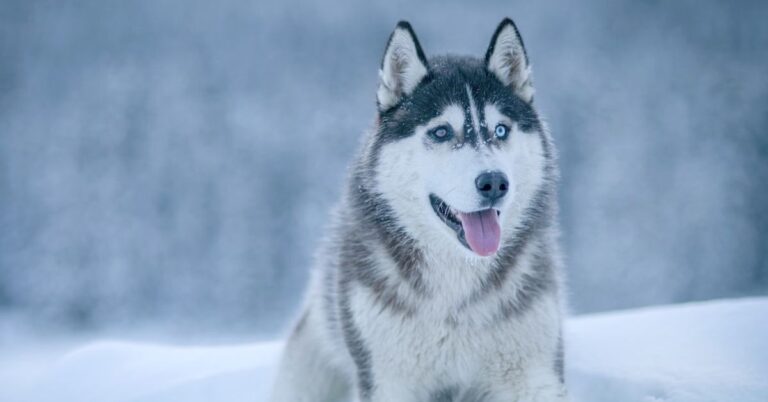Top 15 Dog Breeds That Bark the Most

Dogs communicate through barking, but some breeds are naturally more vocal than others. While barking is often a way for dogs to express excitement, alertness, or boredom, excessive barking can sometimes be a challenge for owners. Here are 15 dog breeds known for their barking tendencies and why they may be more talkative than others.
Beagle

Beagles are a hunting breed known for their strong scent-tracking abilities, but they are also notorious barkers. Historically used for hunting small game, they would bark and bay to alert hunters to the location of prey. Today, their instinct to bark remains, often directed toward any unusual sounds or sights. Whether it’s a passing animal, an unfamiliar noise, or simply boredom, a Beagle will vocalize it.
Chihuahua

Chihuahuas may be tiny, but they have huge personalities and are not afraid to express themselves. They tend to bark a lot due to their strong territorial instincts, as they often feel the need to protect their space, even if the threat is a harmless passerby or a visiting guest. Chihuahuas are also highly alert and reactive to their surroundings, making them quick to bark at any new sound.
Jack Russell Terrier

Jack Russell Terriers are high-energy dogs bred for fox hunting, and their barking reflects their active, alert nature. They are always looking for something to chase or investigate, and their vocalizations often serve as a way to express their excitement or frustration. If they aren’t given enough exercise or mental stimulation, Jack Russells can become chronic barkers, vocalizing at any opportunity.
Miniature Schnauzer
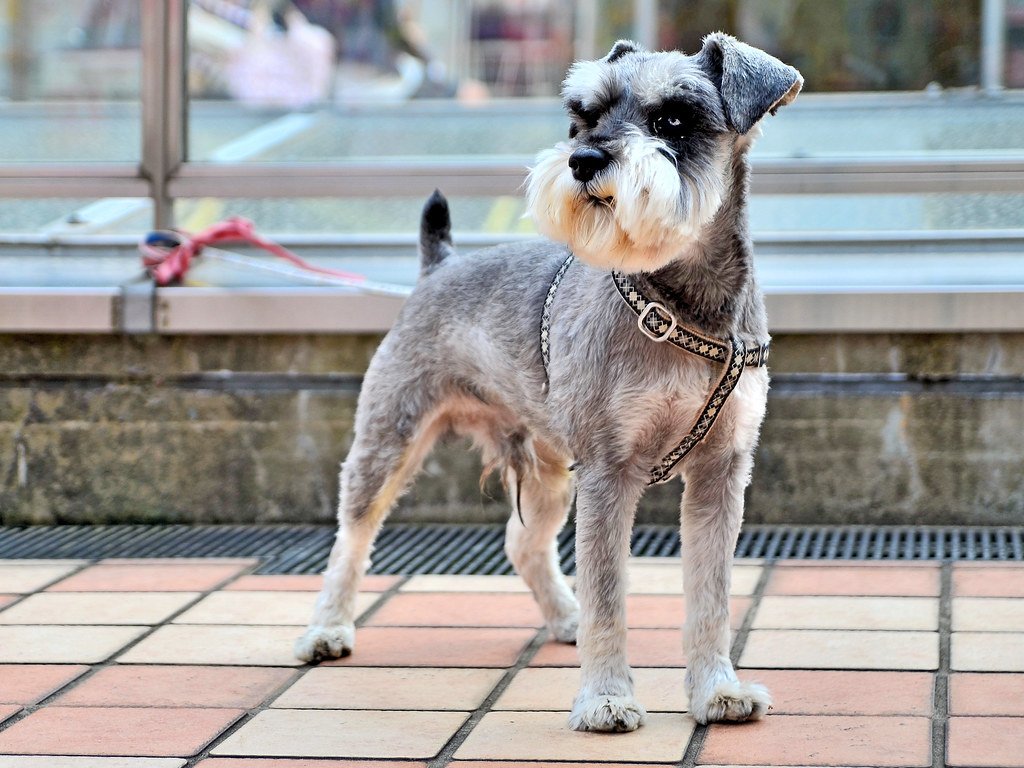
Miniature Schnauzers are small pups with a big voice. Bred as guard dogs and ratters, they have a natural instinct to bark at anything unfamiliar. Their loud, sharp bark can be intimidating, making them excellent watchdogs. However, this also means they may bark excessively at any slight disturbance. Proper training and reinforcing calm behavior can help manage their barking, but their natural protective instincts will always make them quick to alert their owners to perceived threats.
Dachshund

Dachshunds were bred to hunt burrowing animals like badgers, which required them to be brave and alert, traits that are still evident in their frequent barking. Their loud bark is used to warn off intruders or alert their owners of anything unusual. Dachshunds are also territorial and will bark at anyone, or anything they believe is entering their space.
Yorkshire Terrier

Yorkshire Terriers may be small, but they are energetic and quite vocal. Historically used to hunt rats, Yorkies have retained their alert, curious nature, which often translates into excessive barking. They are particularly territorial and will bark at strangers or unfamiliar noises. While their small size makes them less intimidating than larger breeds, their constant barking can be a challenge for owners.
Pomeranian

Pomeranians are small dogs with a loud bark, often used as a means of alerting their owners to any changes in their environment. They are highly protective and will bark at anything that seems out of the ordinary, whether it’s a new visitor or a slight noise. Due to their strong guarding instincts, they often bark excessively if not trained properly.
Maltese
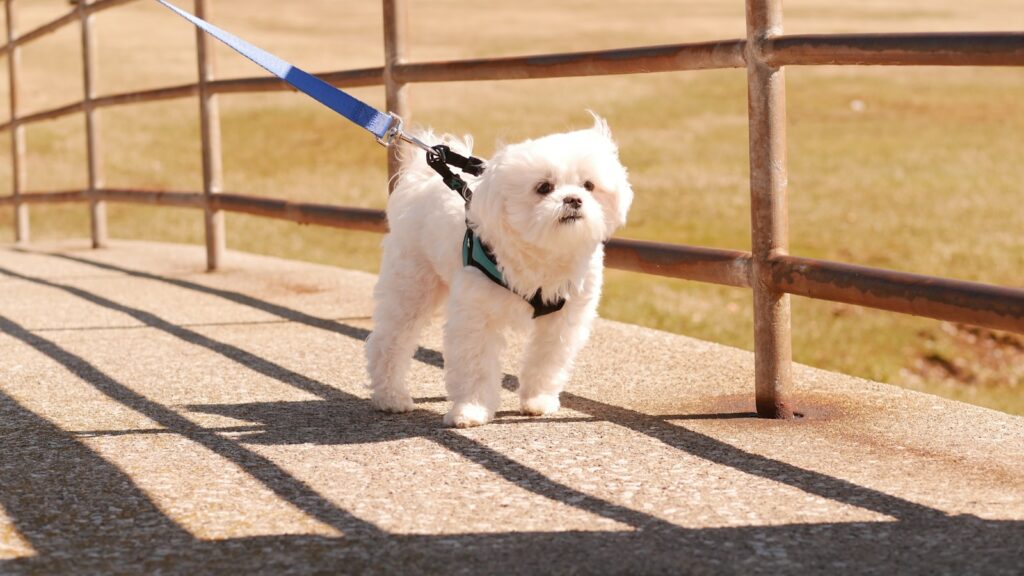
Maltese dogs are small, affectionate dogs, but they can be quite vocal, especially when they sense an unfamiliar presence. Their barking often stems from a desire to protect their owners, which can lead to excessive vocalizations if they aren’ttrained to differentiate between real and imagined threats.
Shetland Sheepdog
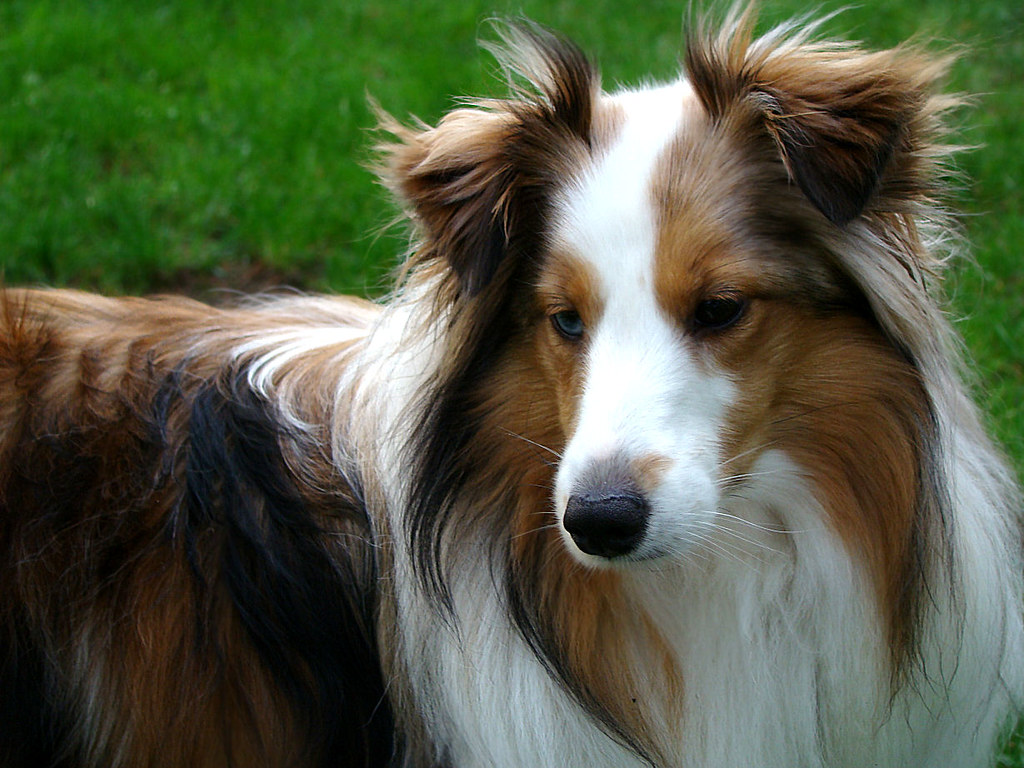
Shetland Sheepdogs, or Shelties, are known for their intelligence and herding abilities, which often manifest through frequent barking. As herding dogs, they are used to controlling livestock with their bark, and this instinct often carries over to their behavior in a home setting. They tend to bark at anything that moves or catches their attention, making them vocal pups.
West Highland White Terrier
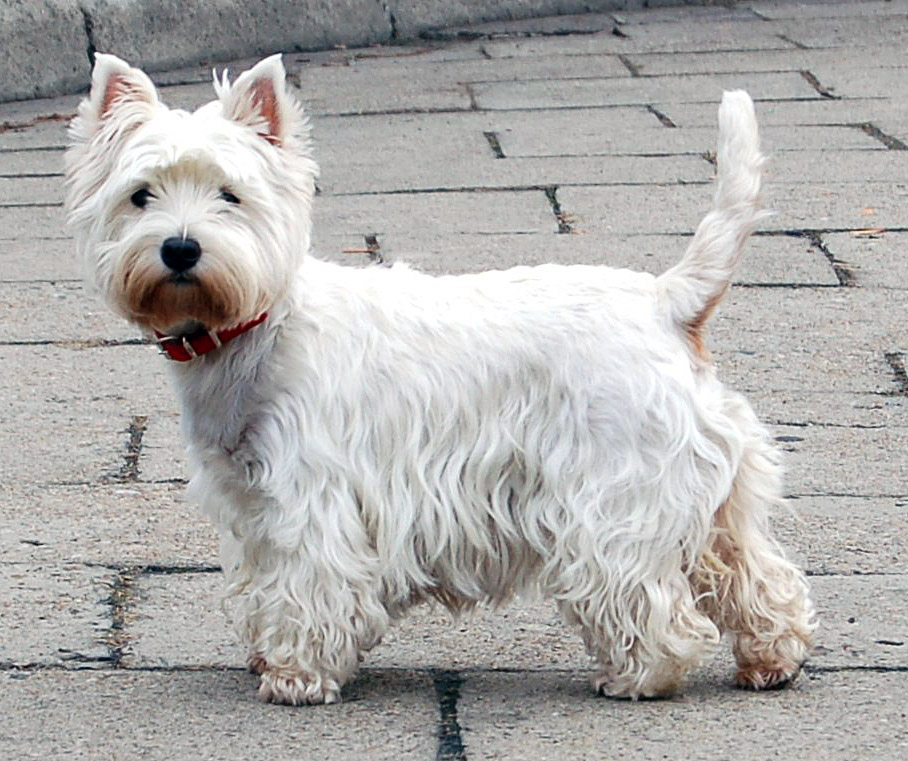
Westies are alert and curious dogs that love to bark, especially at anything that moves. As a breed developed to hunt small animals, their natural instinct is to bark at any potential prey or intruder. They are also protective of their territory and willbark to alert their owners of anything unusual. While their barking can be challenging, consistent training and ensuring they have enough mental and physical stimulation can help manage their vocal tendencies.
Cairn Terrier
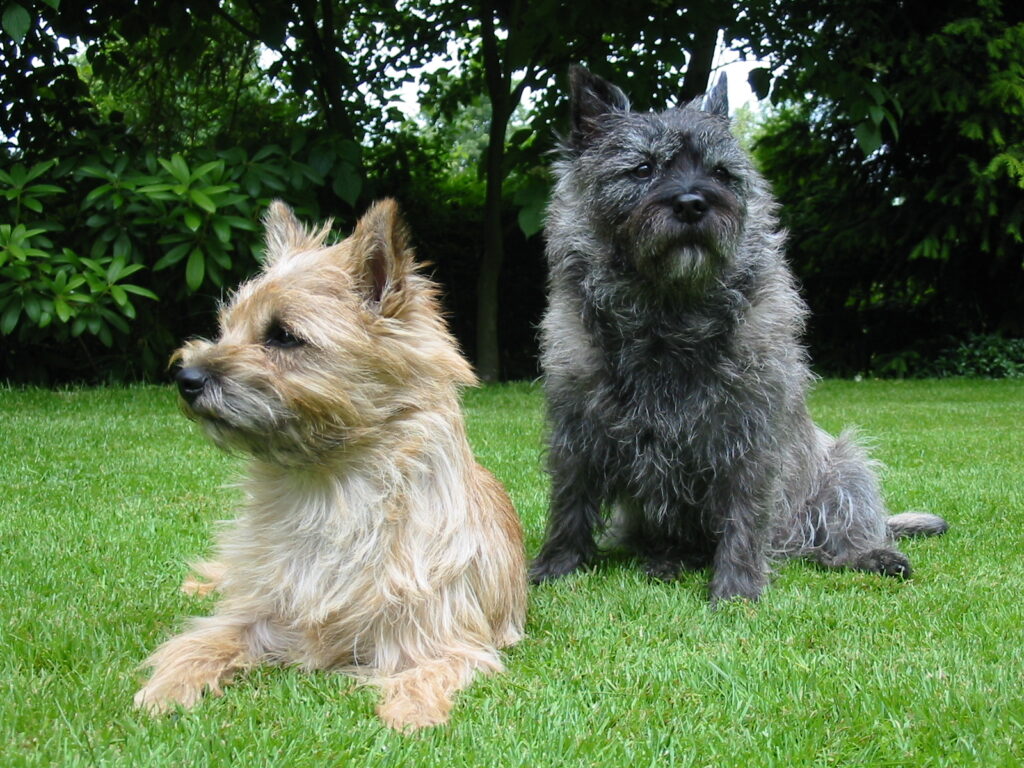
Cairn Terriers are energetic and vocal dogs that love to express themselves through barking. Their history as a vermin-hunting breed makes them naturally inclined to bark at anything they perceive as prey or a threat. They tend to be very alert and will bark at the slightest disturbance. To help manage their barking, providing them with plenty of exercise and mental engagement can help redirect their energy and reduce the frequency of barking.
Shih Tzu

Shih Tzus are generally friendly dogs but can become territorial and vocal when they sense a stranger or unfamiliar sound. While they are affectionate and loving, they tend to bark to protect their owners and home. Socialization and early training can help them learn to bark only when necessary, but their natural protective instincts will always make them prone to vocalizing at perceived threats.
Border Collie
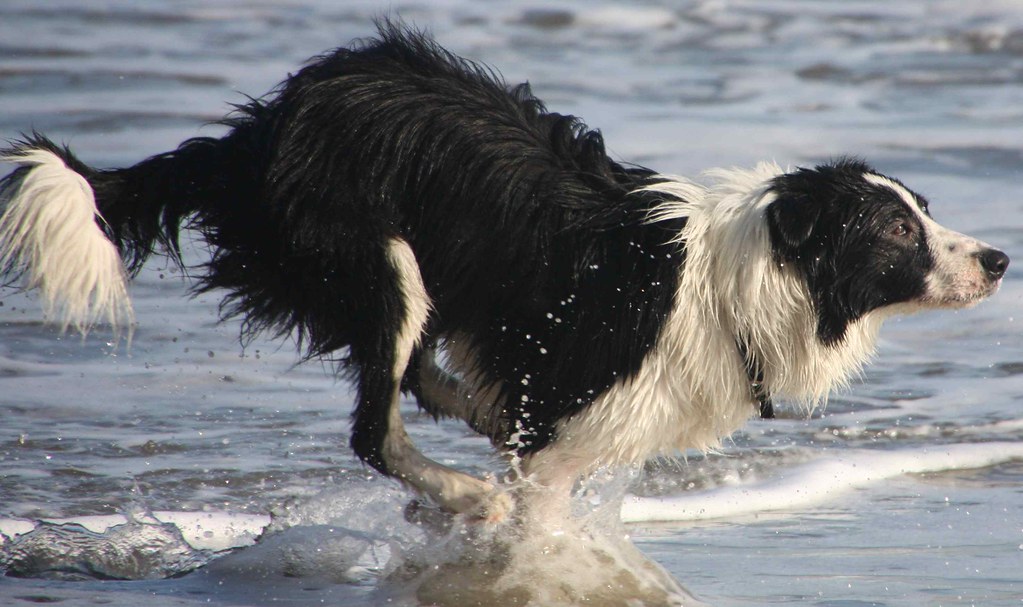
Border Collies are very intelligent and energetic herding dogs that are used to barking to control livestock. In a home environment, this can translate to excessive barking if they aren’t given enough mental and physical stimulation. They are quick to bark out of boredom or excitement, making them a vocal breed. Keeping them engaged with activities, toys, and regular exercise can help reduce their barking and keep them mentally stimulated.
Boston Terrier

Boston Terriers are lively dogs that love to communicate with their owners through barking. While they aren’t as vocal as some of the other breeds on this list, they do tend to bark when they’re excited or when they want attention. Their affectionate nature means they are often vocal when they feel playful or protective. Providing them with regular playtime and attention can help keep their barking to a manageable level.
Alaskan Malamute

Alaskan Malamutes are strong, powerful dogs that love to “talk” through howling and barking. While they are not as prone to barking as some smaller breeds, they are very vocal when trying to communicate with their owners. Malamutes tend to bark when bored or trying to get attention, but they are more known for their howling. Giving them plenty of exercise and attention can help reduce excessive vocalizations.
